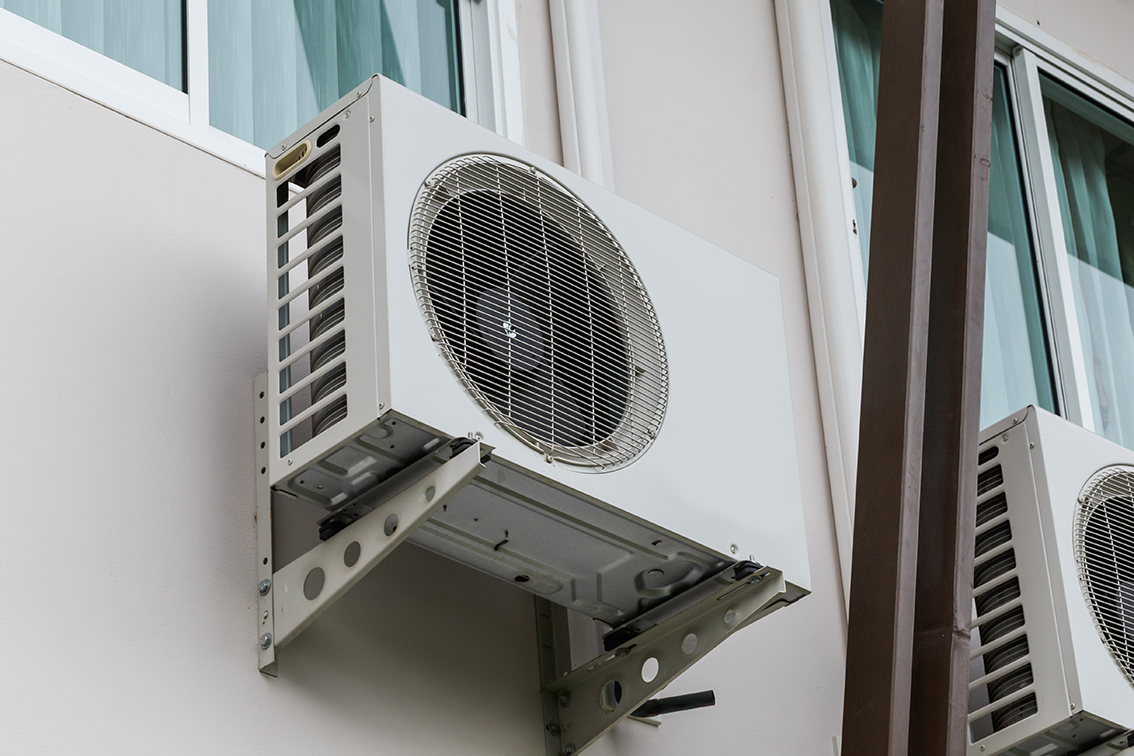
Many countries around the world experience heat waves.
Temperatures can hit alarmingly high levels that are destructive to humans. This may continue on throughout a few days and nights.
Heat waves make us feel lethargic and tired, as well as affect our cognitive functioning. Have you ever wondered how your body manages extreme temperatures and why heat is so deadly? Let’s find out in this article.
How Temperature Affects Us
The typical temperature of our bodies usually swing between 36 and 38 degrees celsius. When our temperatures remain in this safe range, it allows biochemical reactions to operate normally.
This is essential for our cells and organs to function properly. When we experience extreme heat, causing our core temperature to shift away from the regular range, our body triggers physiological responses to return the temperature back to status quo.
Imagine how a thermostat works - when the indoor temperature deviates from the ideal level, the cooling system activates to bring it back to normal.
How Our Body Cools
Sweat is our body’s first response to rising temperatures. When this occurs, heat dissipates from our skin and extremities, like our hands and feet. Sweat produced evaporates on our skin and removes heat as a result.
Although this is an effective method, it also requires an immense amount of water per hour when there is extreme heat. We need to constantly refill our body’s water store in order to make sure that we can keep going safely. Think of it like a water tank that eventually runs dry if no water is replenished.
When we run out of water, we become unable to sweat and cool down. Gradually, our organs may overheat. We need to drink water and consume salts and electrolytes to maintain regular blood acidity that is necessary for our cells to work.
Each organ reacts differently to extreme heat.
Our heart is the core of our body. Blood needs to move from the central organs to the periphery in order to sweat and cool down, which may cause the red flushes in people who are overheated.
This leads to a dip in blood pressure in our core organs. In order to maintain blood flow to these key organs, our heart tries to make up for it by increasing our heart rate. If this is coupled with excessive water loss, our blood pressure will fall to dangerous levels and lead to fainting or heart failure.
Another key organ in our body, the brain, also suffers from temperature stress. A hike in temperature disrupts the communication between the nerve cells.
When you’re dehydrated, it also causes electrolyte imbalances that can disturb cell communication in the nerve and muscle cells. The effects are exacerbated over time. Eventually, it can lead to more headaches and anxiety.
Air conditioners are extremely helpful in helping our bodies to cool down. You can reduce temperature stress by staying in a cool air-conditioned room. If you're wondering about its importance - can you imagine if your aircon was not cold one day, or if they didn't exist? It would prove fatal.